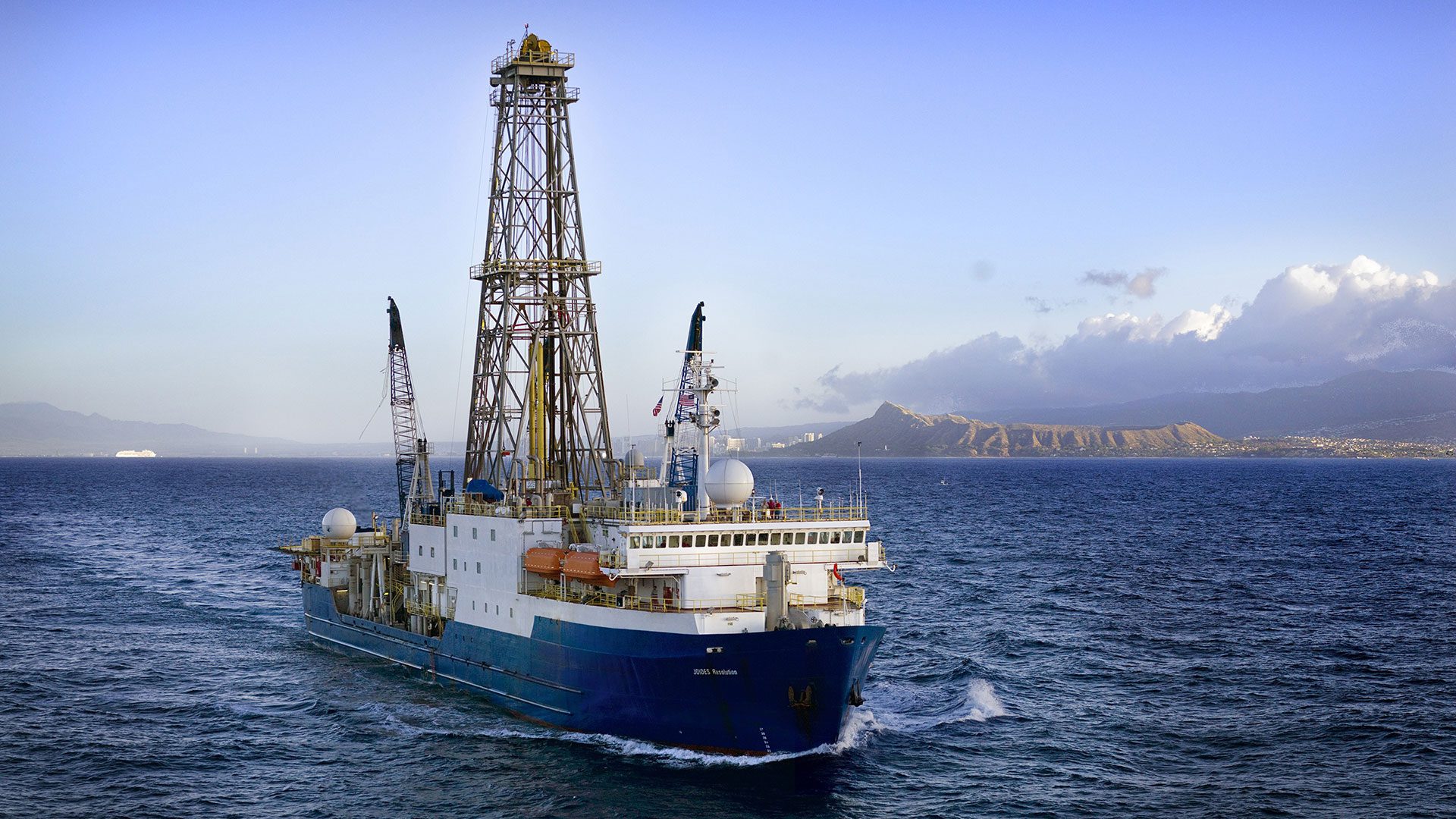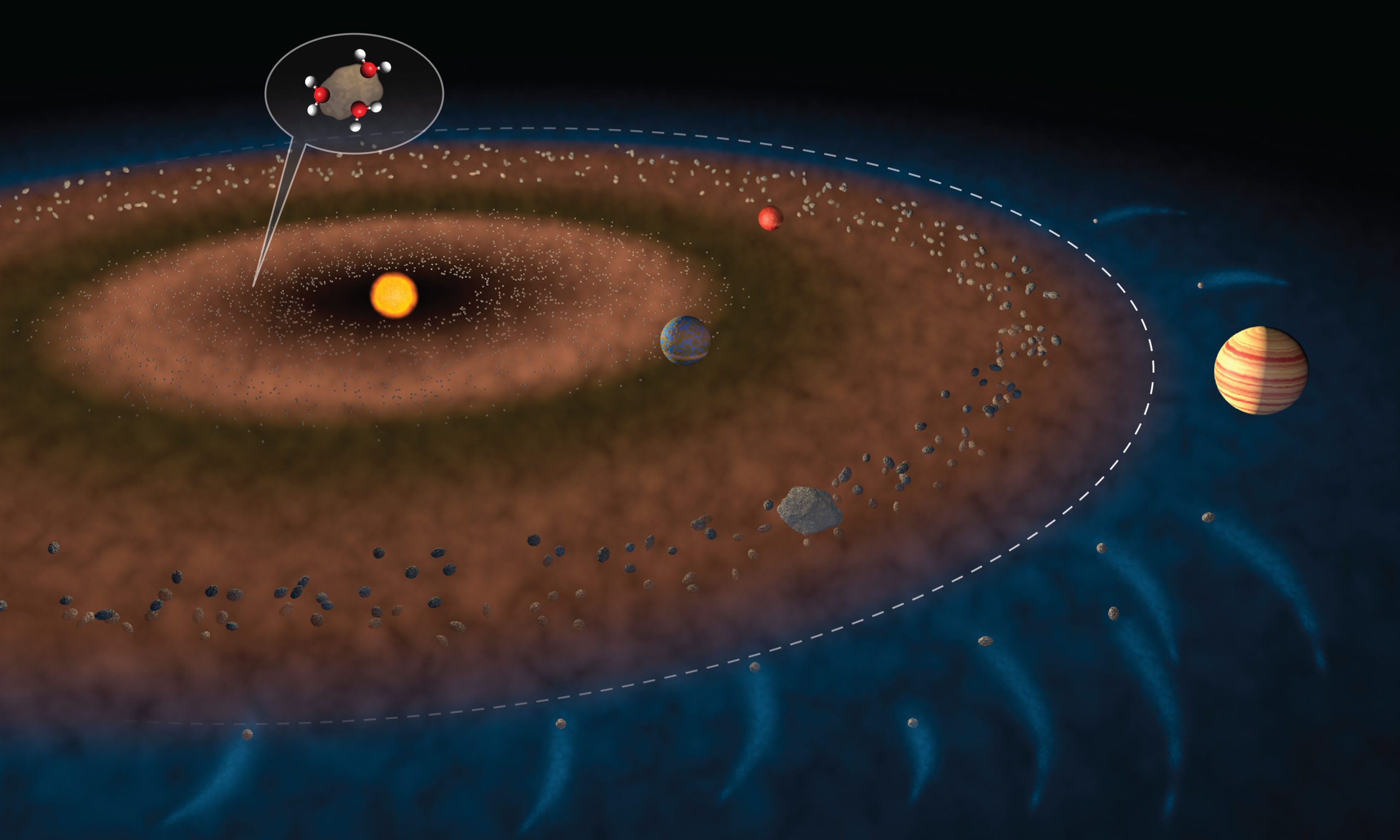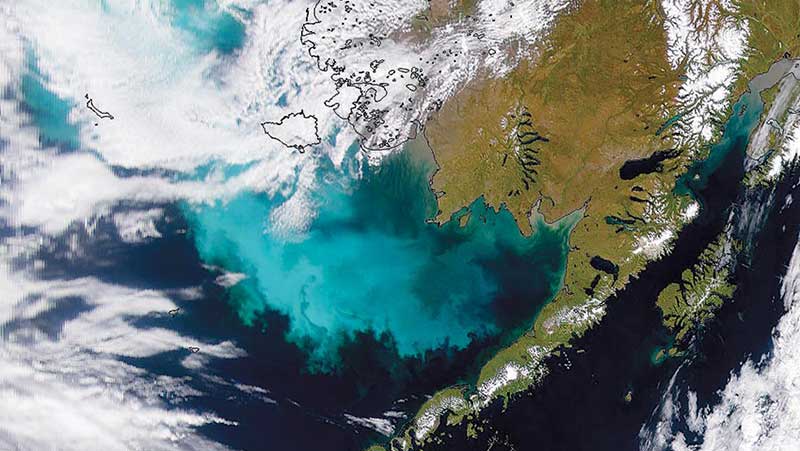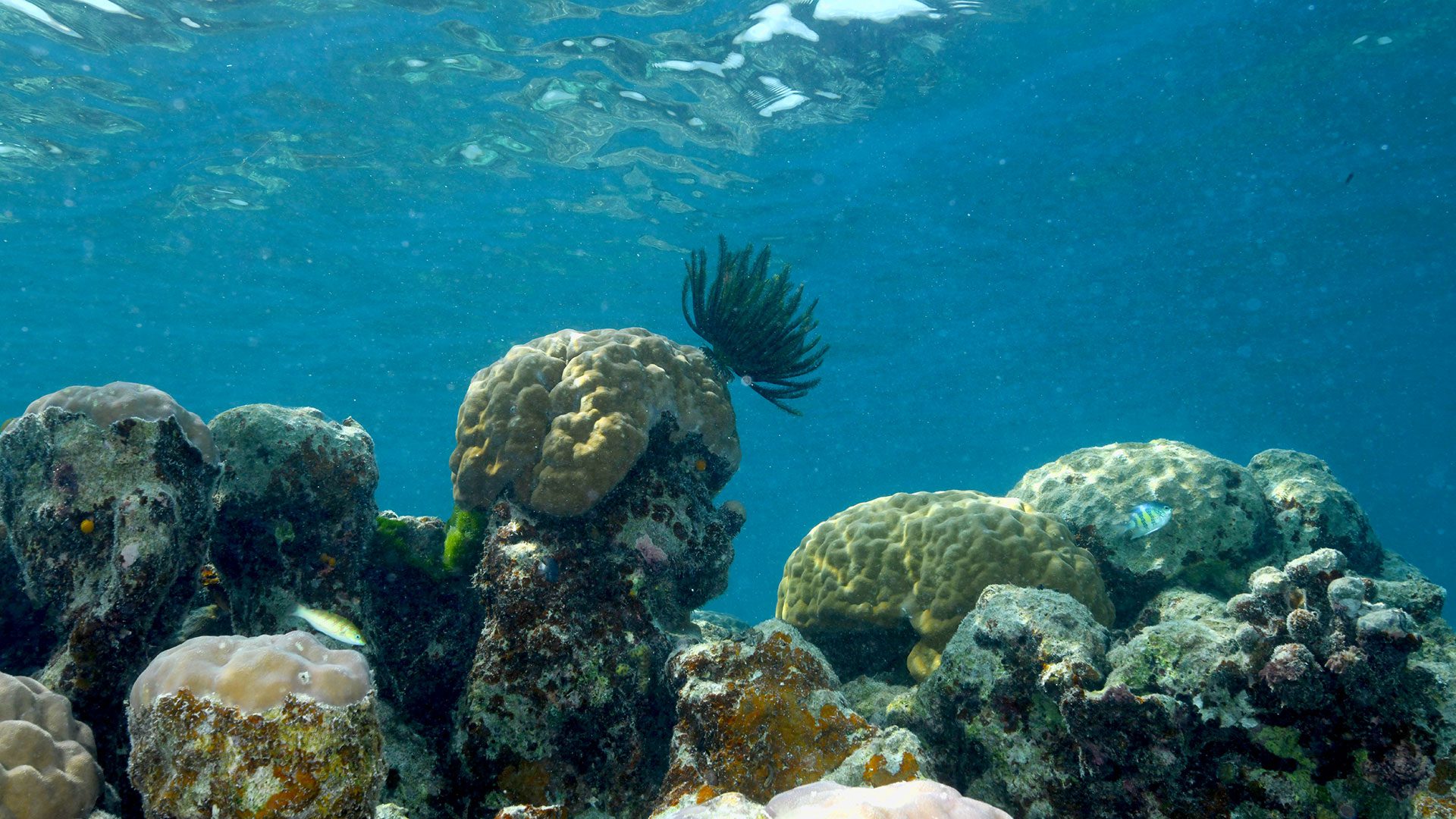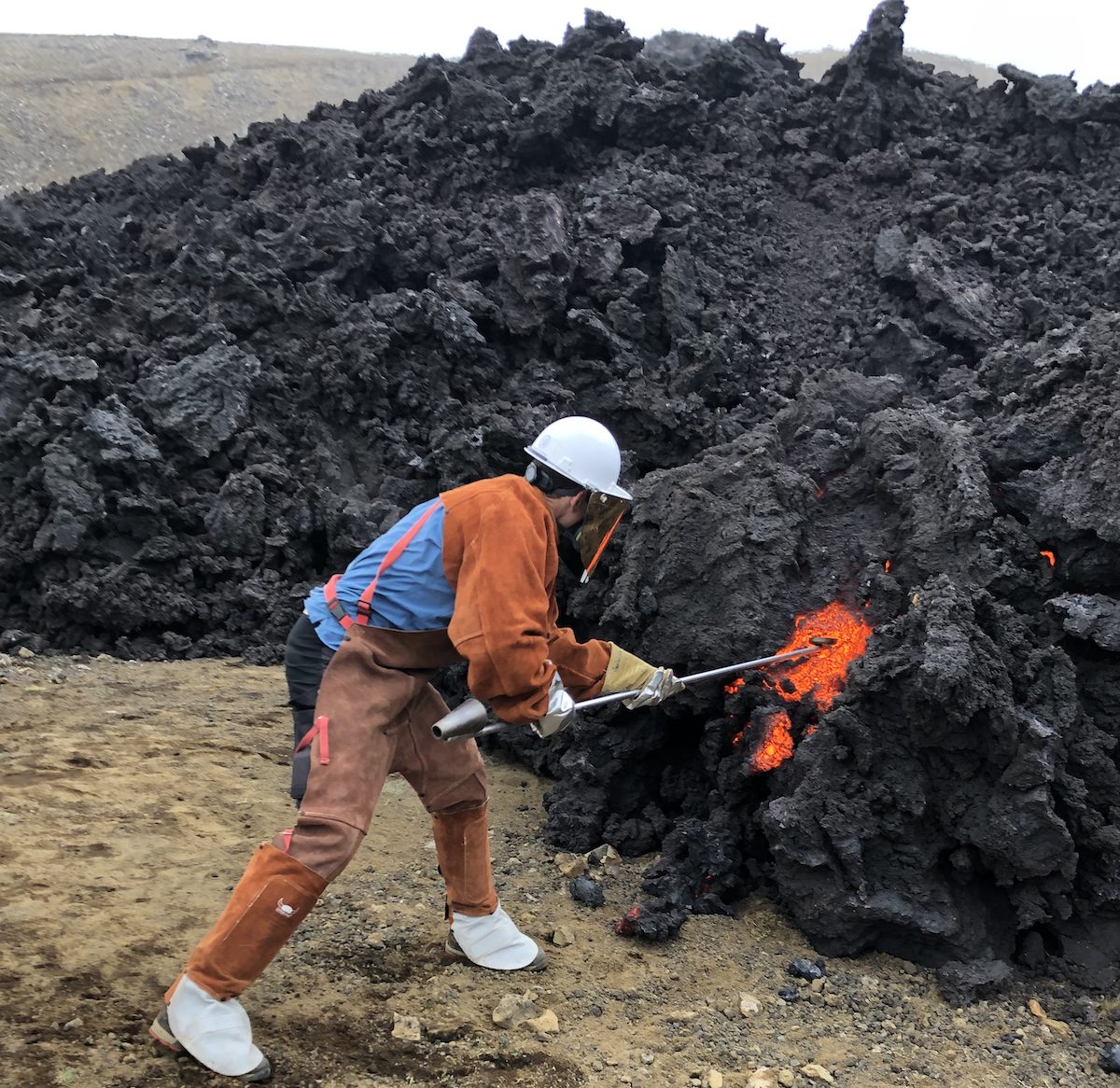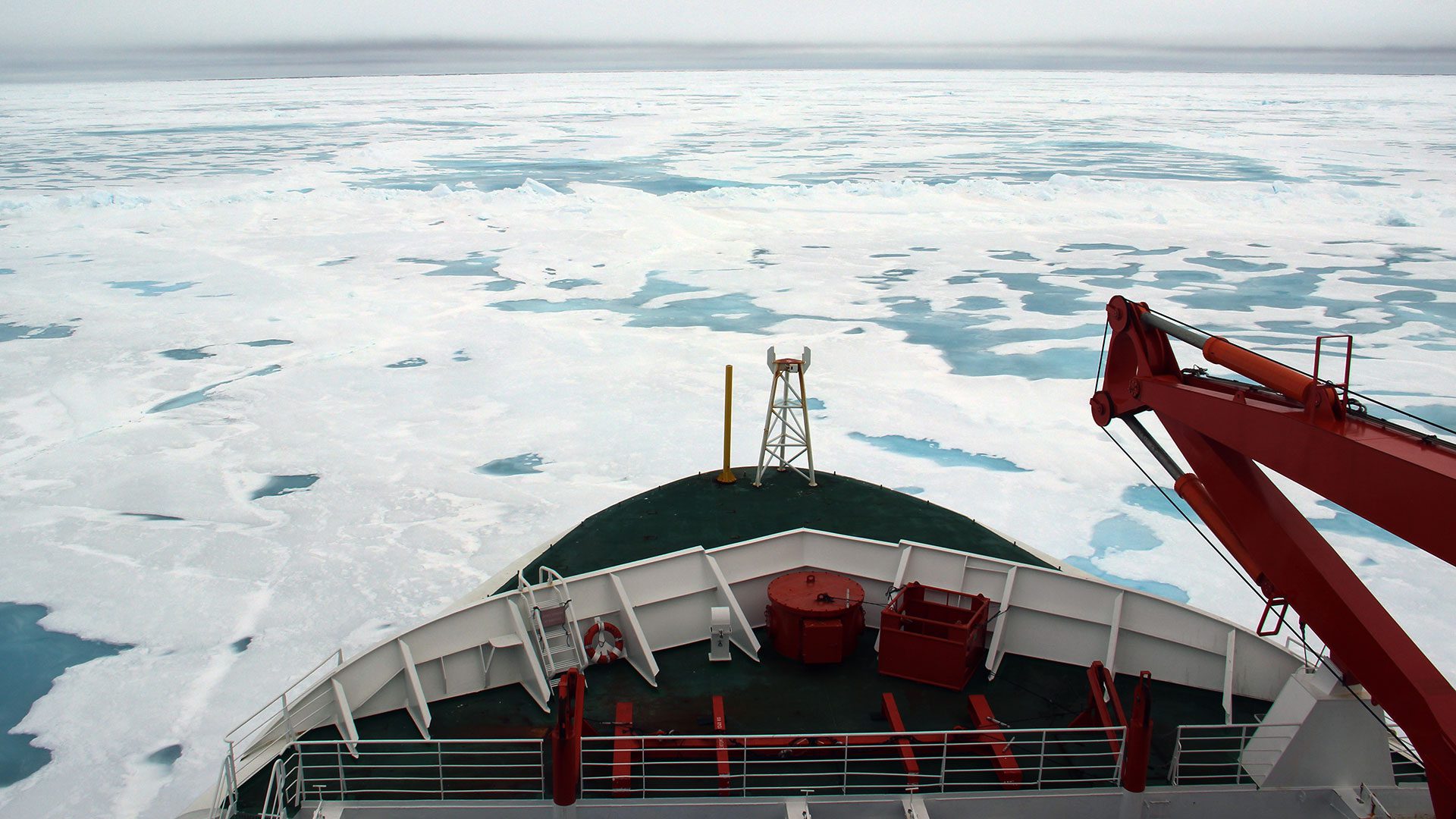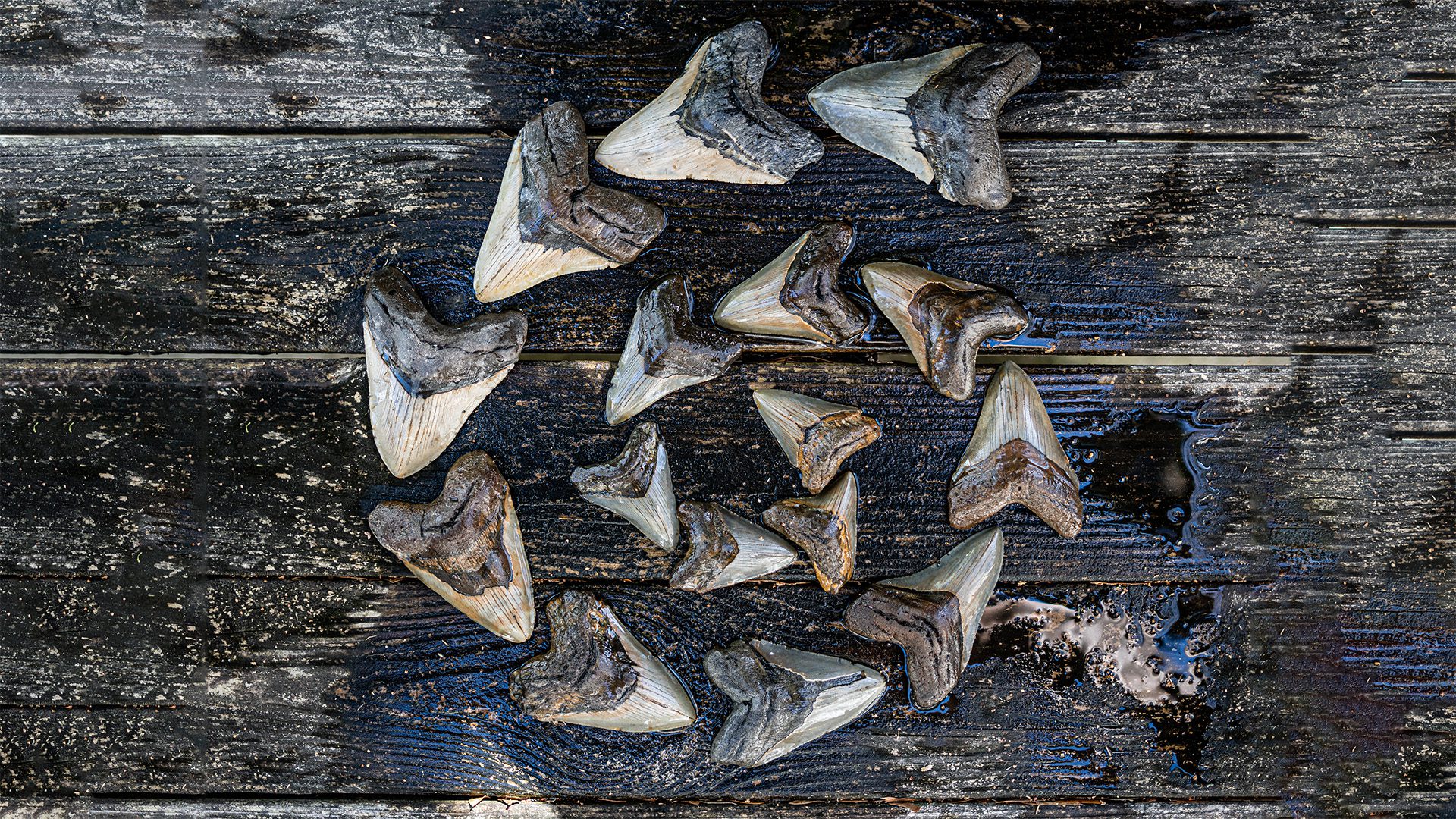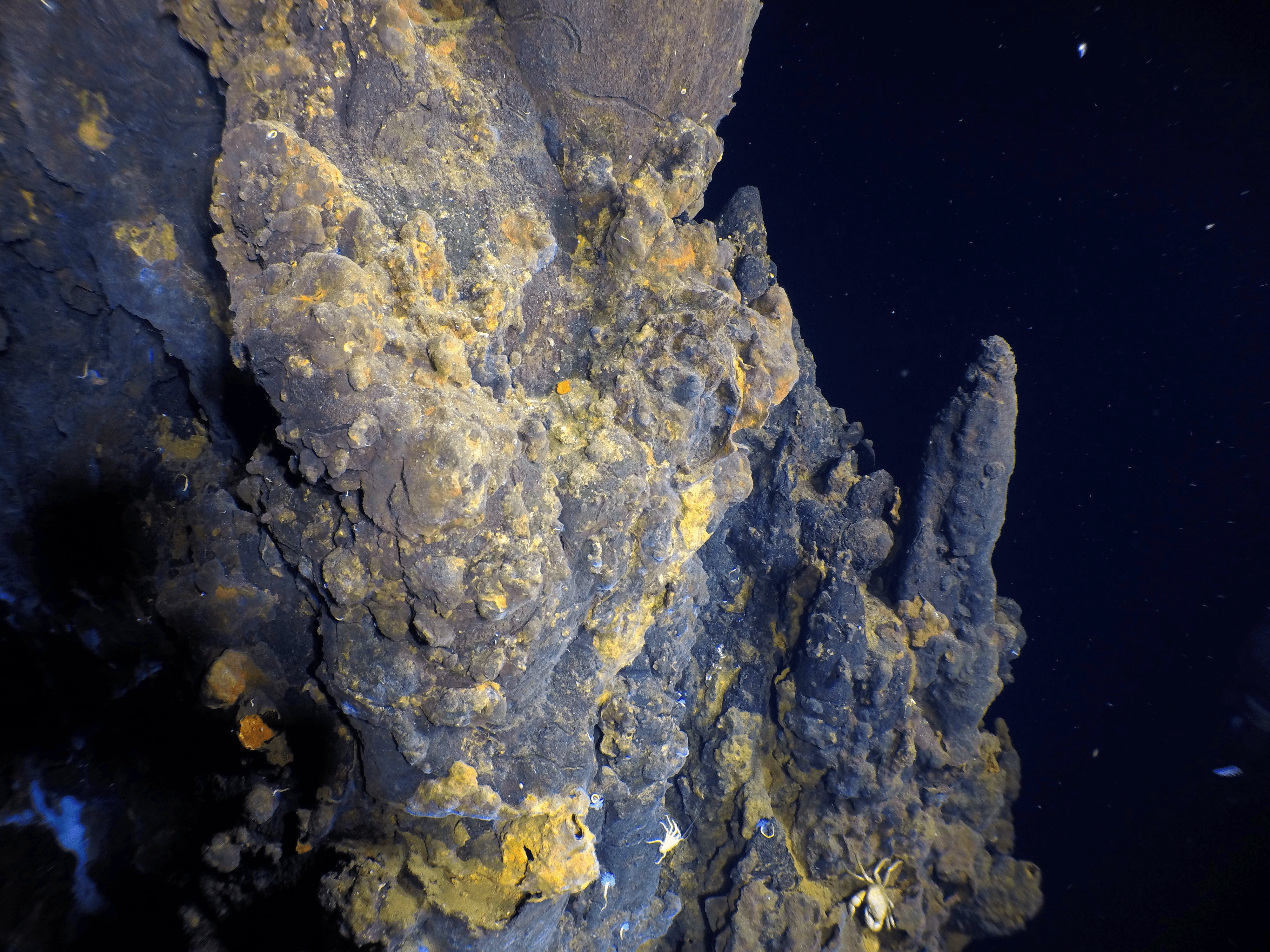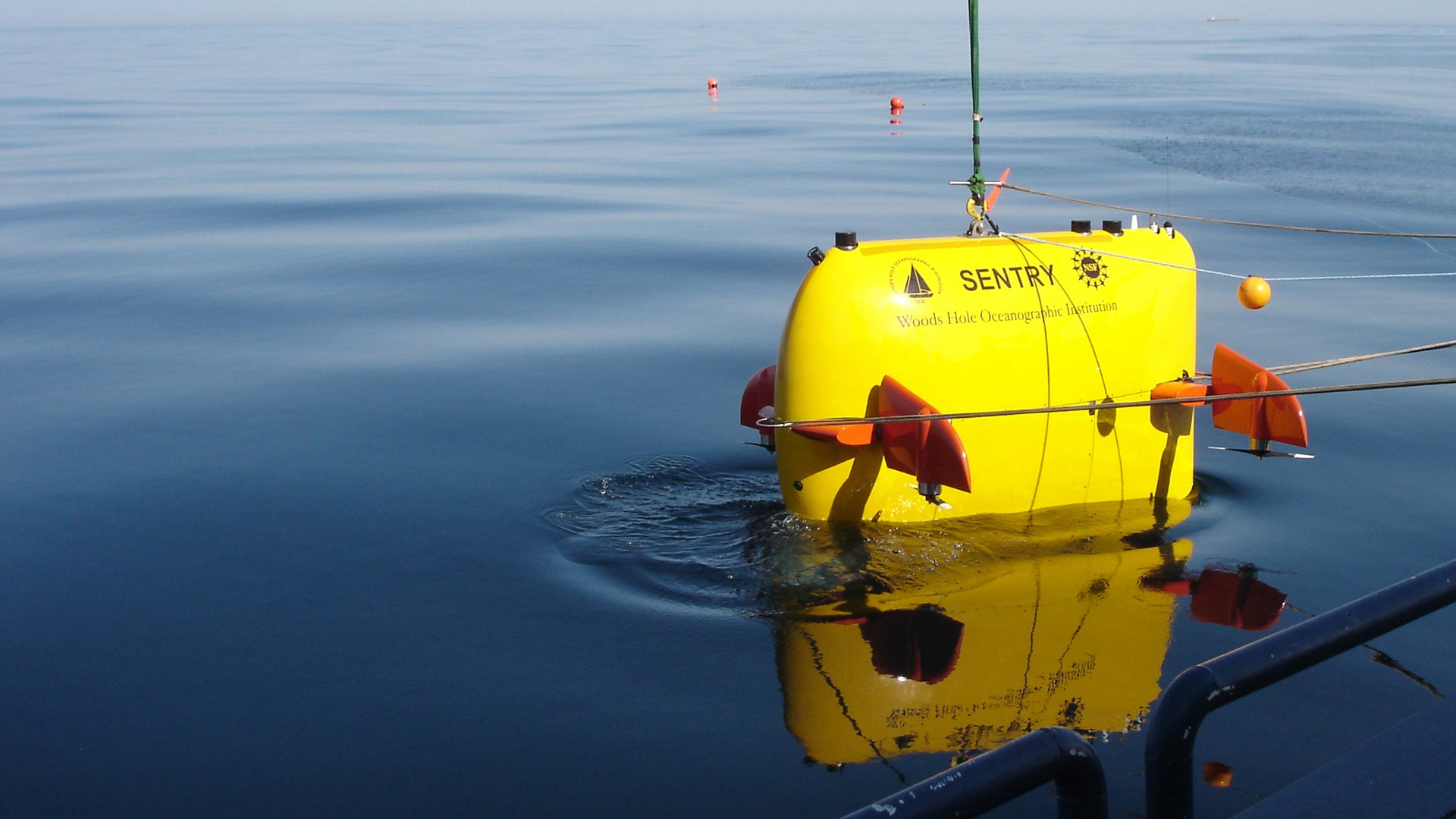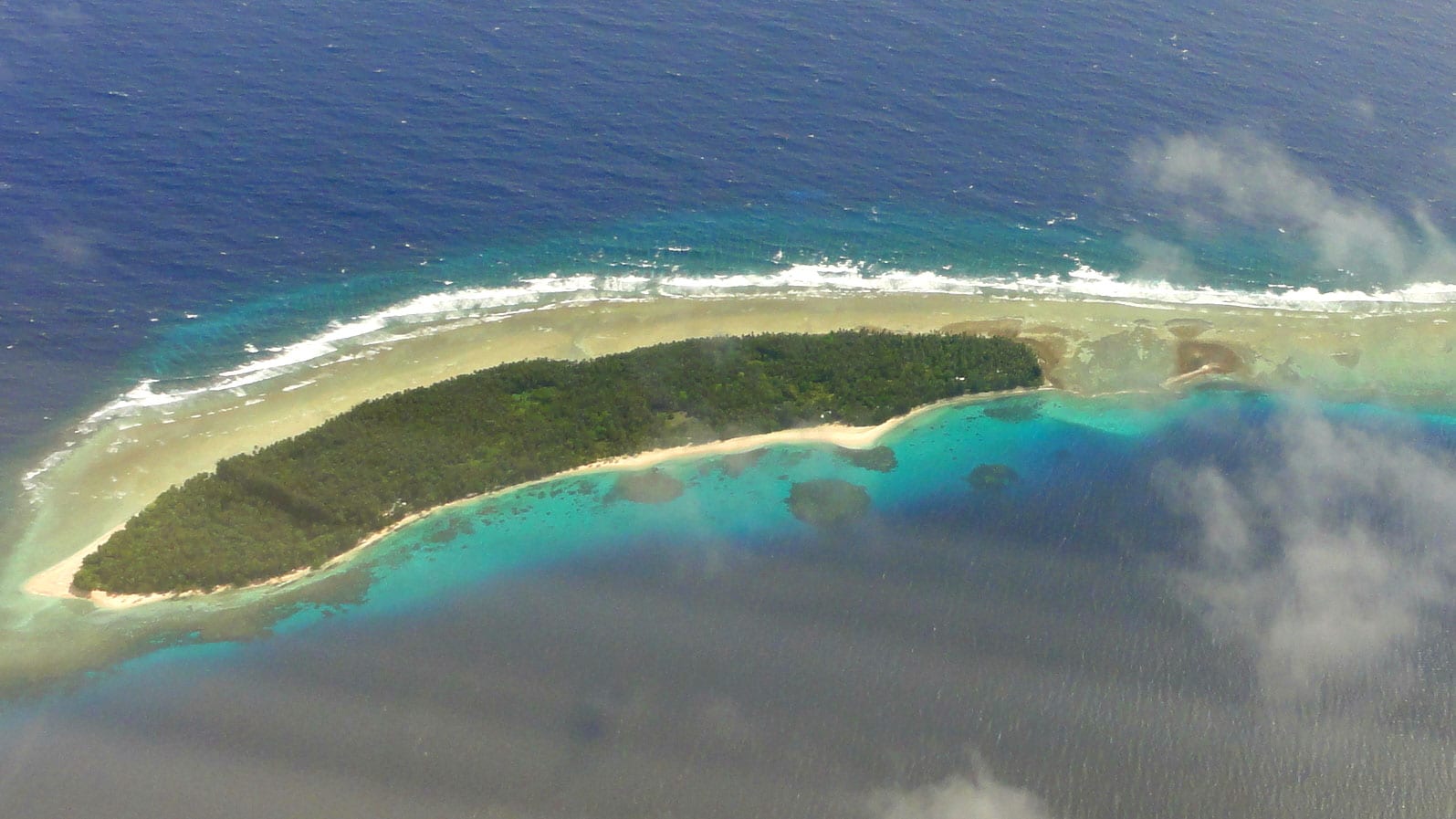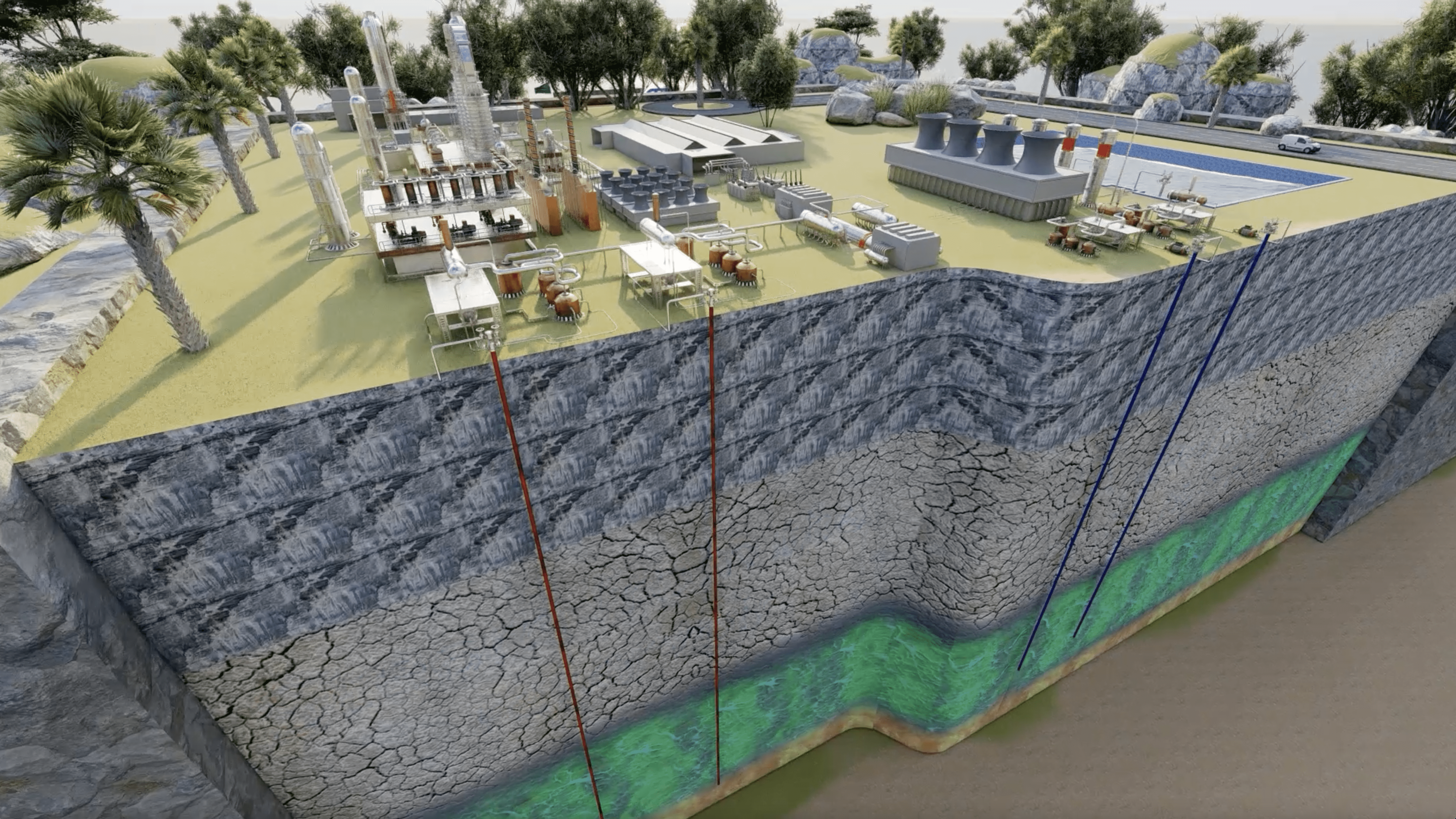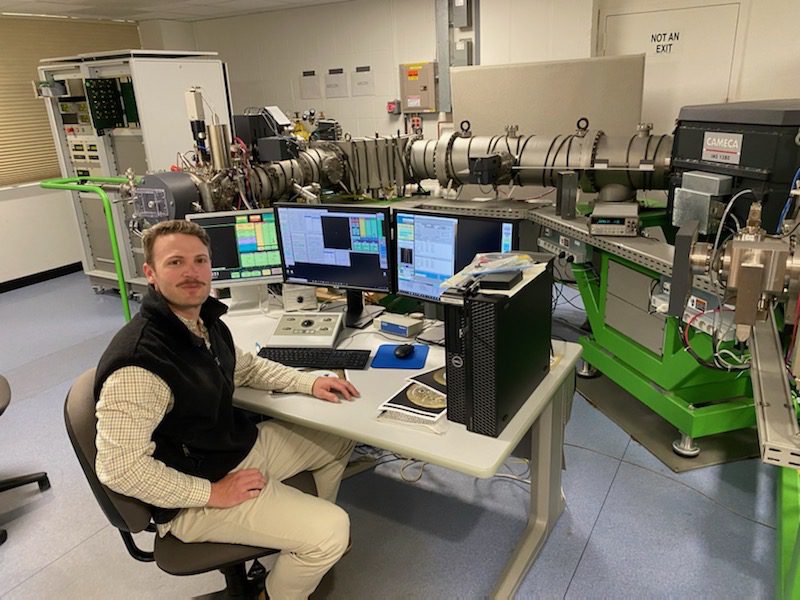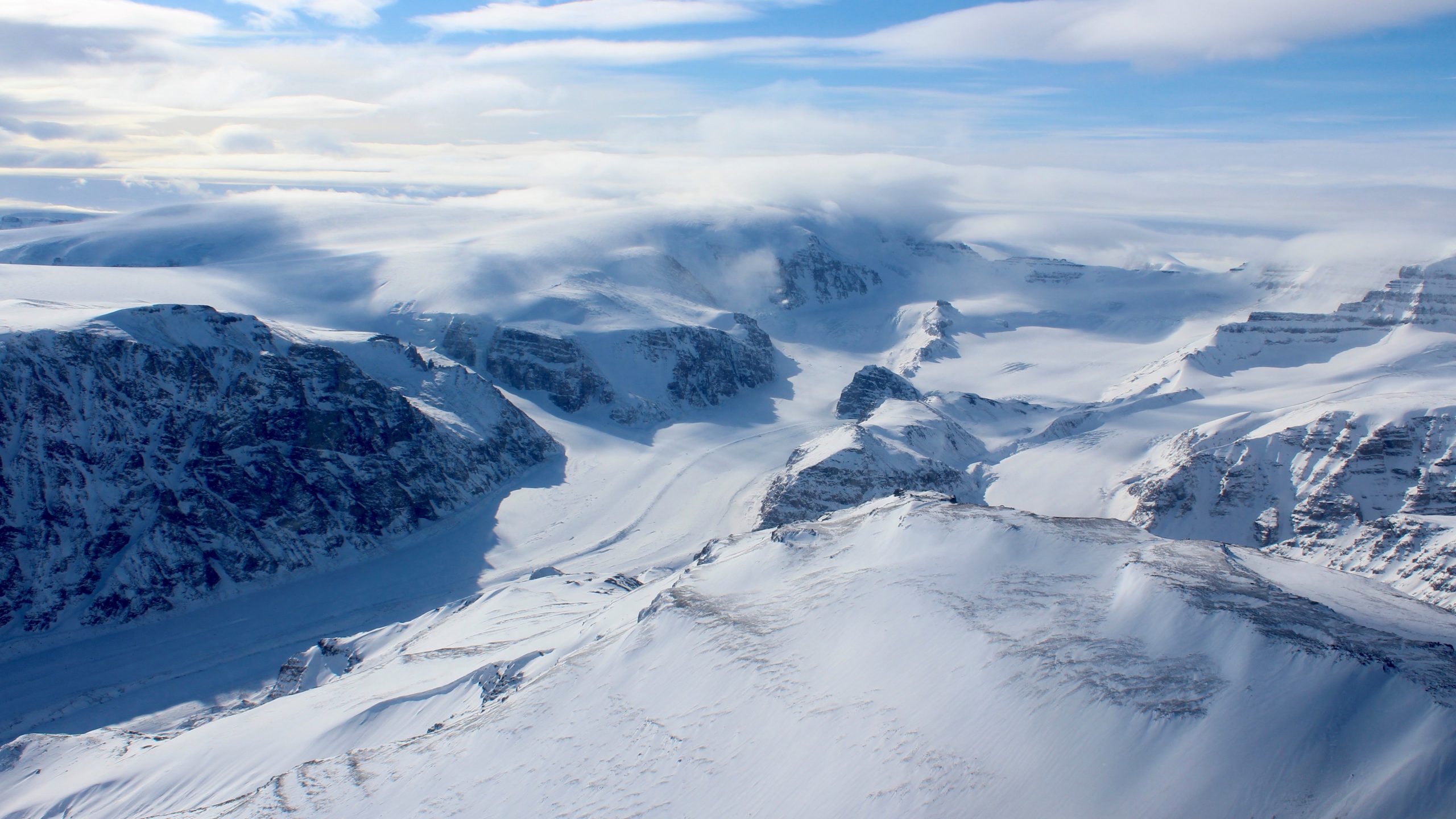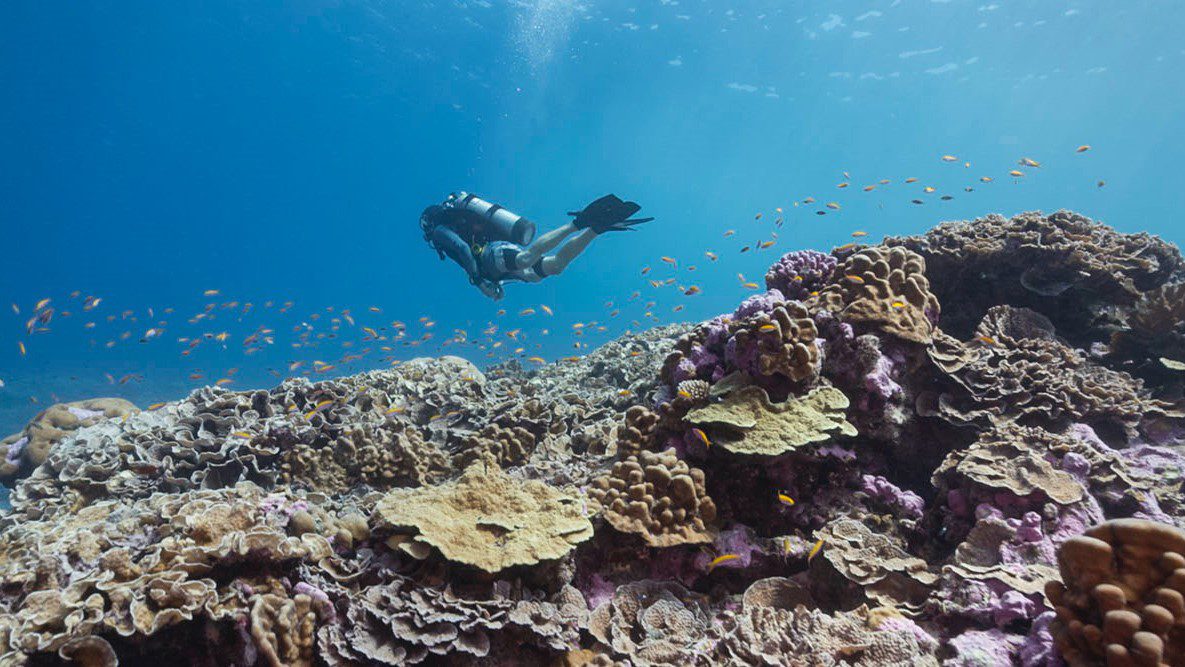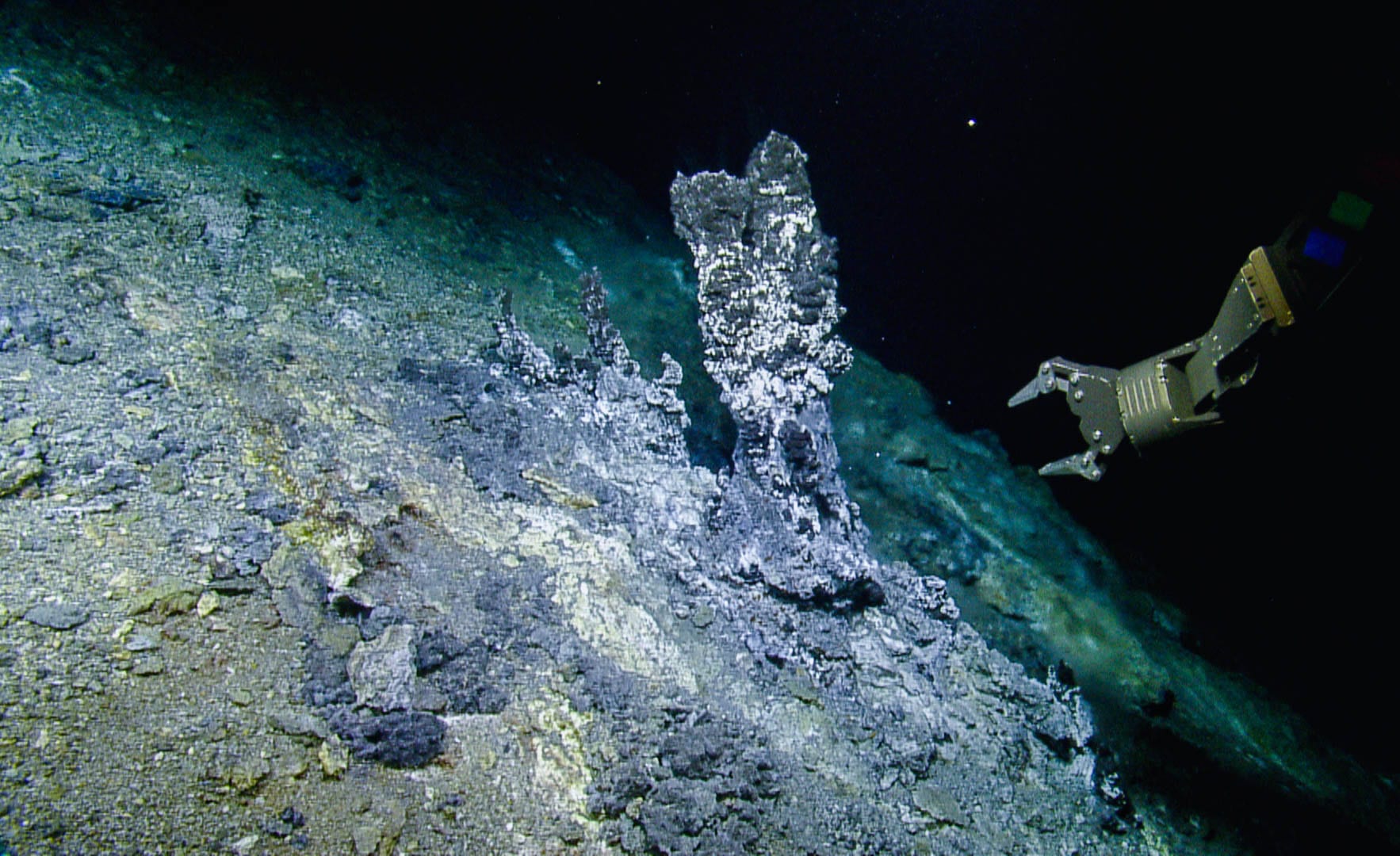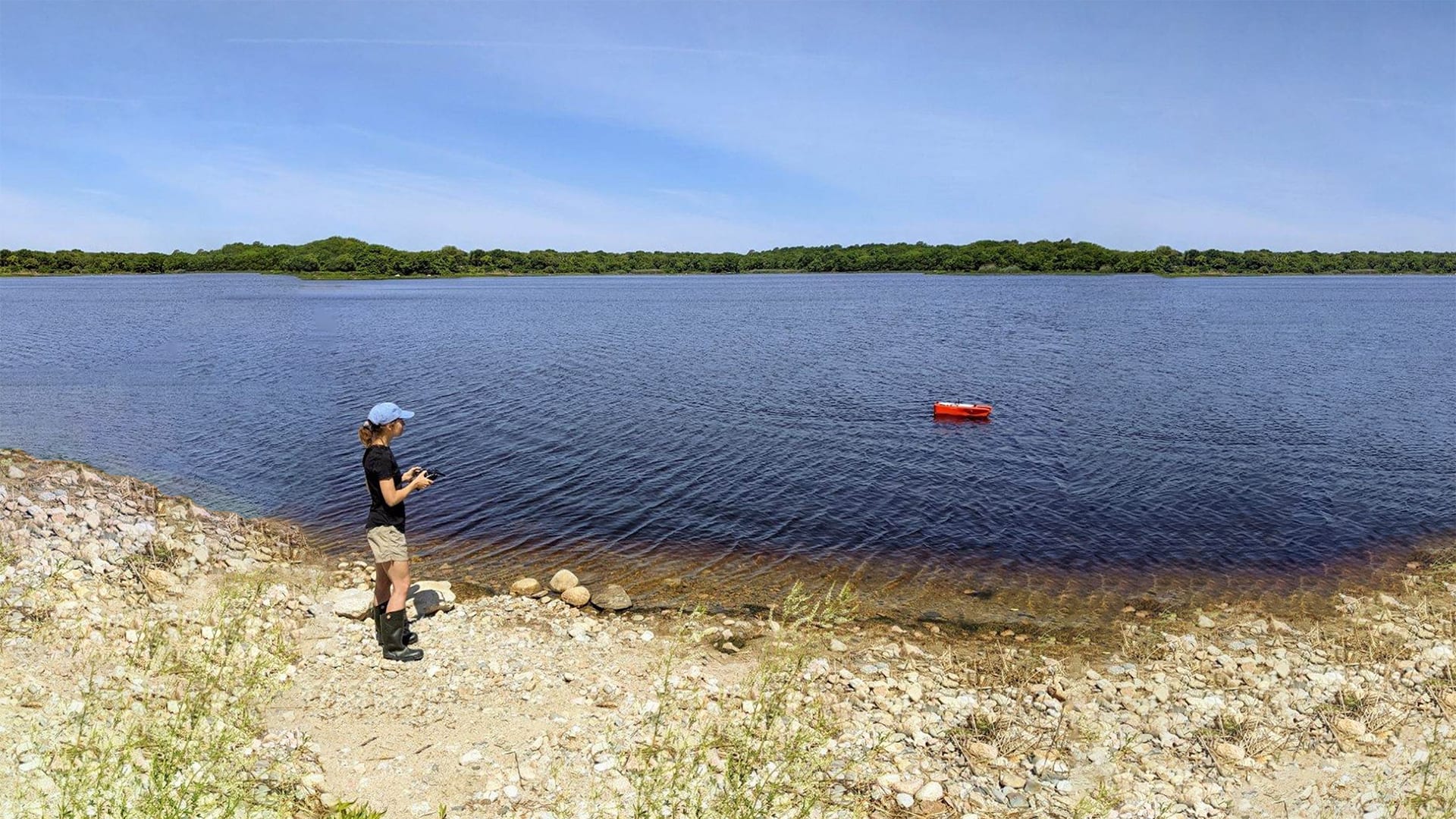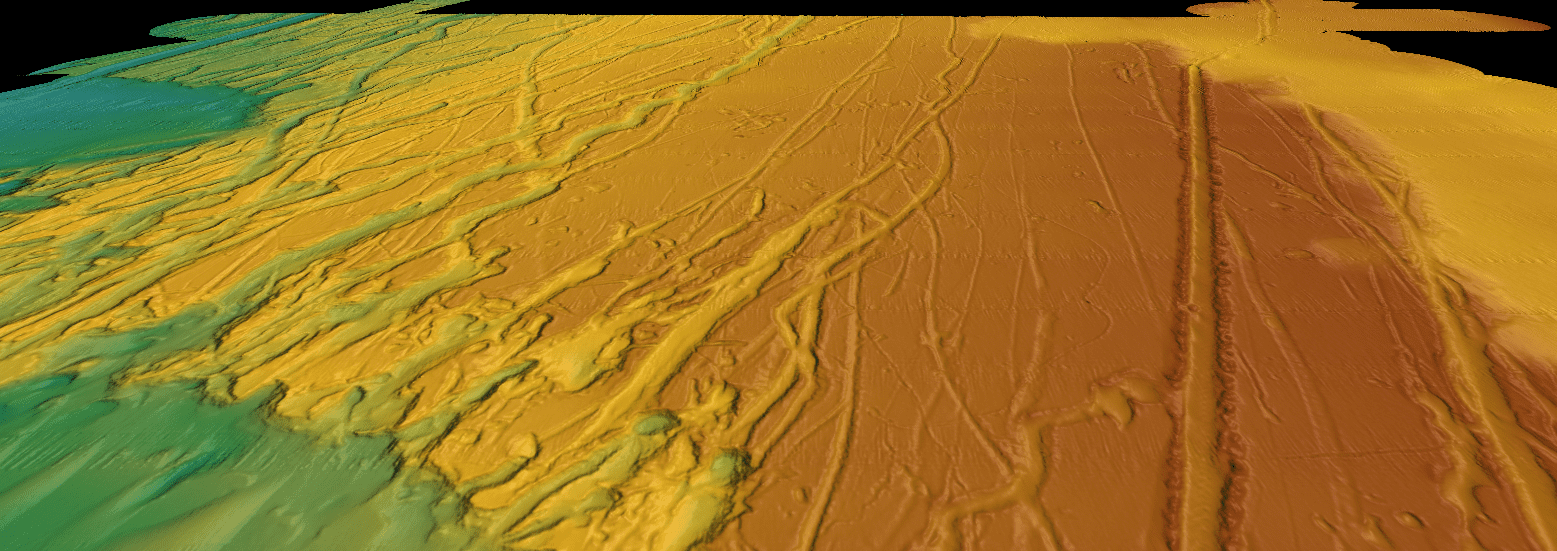Geology & Geophysics
Building Blocks of Life on the Atlantis Massif
An upcoming expedition aboard the US ocean drilling ship JOIDES Resolution co-led by Susan Q. Lang, a geochemist at WHOI and director NOSAMS Facility, will attempt to shed new light on the processes that likely helped jumpstart the formation of life early in Earth’s history.
Read MoreWhere Did Earth’s Water Come From? Not Melted Meteorites, According to Scientists
WHOI is part of a collaborative study, offering new insight into the extraterrestrial origins of our lakes, rivers and oceans
Read MoreDrilling Deeper Into Ocean Floor in Search for Origins of Life
Reconstructing the Bering Sea’s stormy past
Researchers help Bering Sea indigenous communities understand the past and plan for future
Read MoreThe Mystery of the Healthy Coral Reef
Coral Species That Withstand Ocean Warming Identified
Palau’s Rock Islands Harbor Heat-Resistant Corals
Marine Science Goes to Space
Palau’s Rock Islands Harbor Heat-resistant Corals
Scientists studying reefs in Palau have identified subgroups of a coral species that exhibit remarkable tolerance to the extreme heat associated with marine heatwaves
Read MoreThe predictive power of geochemistry
A WHOI researcher looks for changes in gas molecules to forecast volcanic eruptions such as Mauna Loa in Hawai’i.
Read MoreArctic Hydrothermal Vent Site Could Help in Search for Extraterrestrial Life
When scientists discovered a hydrothermal vent site in the Arctic Ocean’s Aurora hydrothermal system in 2014, they did not immediately realize just how exciting their discovery was.
Read MoreWhat happens to Cape Cod with sea level rise? Here’s insights into what could go wrong
Wilmington’s shark tooth divers can thank the last ice age for their treasure trove
Hydrothermal field discovered at the East Pacific Rise 9°54’N
A new high-temperature, off-axis hydrothermal vent field on Pacific seafloor at 2550 meters depth was discovered in 2021 by a team that included researchers from Lehigh University; Scripps Institution of Oceanography (SIO); the University of Bergen Norway; and Woods Hole Oceanographic Institution (WHOI).
Read MoreHow to study an underwater earthquake from shore
Scientist Chris German on a successful AUV Sentry mission when the science team could not travel to sea
Read MoreNovel tool sheds light on coral reef erosion
Coral reefs are among the last lines of defense against coastal flooding.
Read MoreGeoscience technology company founded by MIT/WHOI Joint Program student awarded $3.8M from U.S. Department of Energy
Eden, a geoscience technology development company co-founded by Massachusetts Institute of Technology/Woods Hole Oceanographic Institution Joint Program student Paris Smalls, will receive $3.8 million in federal funding from the U.S. Department of Energy Advanced Research Projects Agency-Energy (ARPA-E).
Read MoreArc volcanoes are wetter than previously thought, with scientific and economic implications
This increased amount of water has broad implications for understanding how Earth’s lower crust forms, how magma erupts through the crust, and how economically important mineral ore deposits form, according to a new paper led by authors from the Woods Hole Oceanographic Institution (WHOI).
Read MoreA recent reversal in the response of western Greenland’s ice caps to climate change
New collaborative research from the WHOI and five partner institutions published today in Nature Geoscience, reveals that during past periods glaciers and ice caps in coastal west Greenland experienced climate conditions much different than the interior of Greenland. Over the past 2,000 years, these ice caps endured periods of warming during which they grew larger rather than shrinking.
Read MoreSurviving extreme heat
A team led by Anne Cohen, a scientist at Woods Hole Oceanographic Institution, received $1.75M in funding from the National Science Foundation (NSF) to study how coral reefs survive extreme heat events caused by climate change. The multidisciplinary project taps into expertise across four WHOI departments to uncover the oceanographic and biological processes that enable corals to survive marine heatwaves.
Read MoreWhat Happens to Marine Life When There Isn’t Enough Oxygen?
In September of 2017, Woods Hole Oceanographic Institution postdoctoral scholar Maggie Johnson was conducting an experiment with a colleague in Bocas del Toro off the Caribbean coast of Panama. After…
Read MoreStudy Examines the Role of Deep-Sea Microbial Predators at Hydrothermal Vents
Researchers Emphasize the Need for Baseline Information of Microbial Food Webs The hydrothermal vent fluids from the Gorda Ridge spreading center in the northeast Pacific Ocean create a biological hub…
Read MoreHow historic hurricanes can help predict storm intensity
Research into past hurricanes could help predict the strength of future storms, and inform infrastructure planning and emergency management decisions in southern New England
Read MoreIcebergs drifting from Canada to Southern Florida
A newly developed iceberg computer model helped the researchers understand the timing and circulation of meltwater and icebergs through the global oceans during glacial periods, which is crucial for deciphering how past changes in high-latitude freshwater forcing influenced shifts in climate.
Read More
